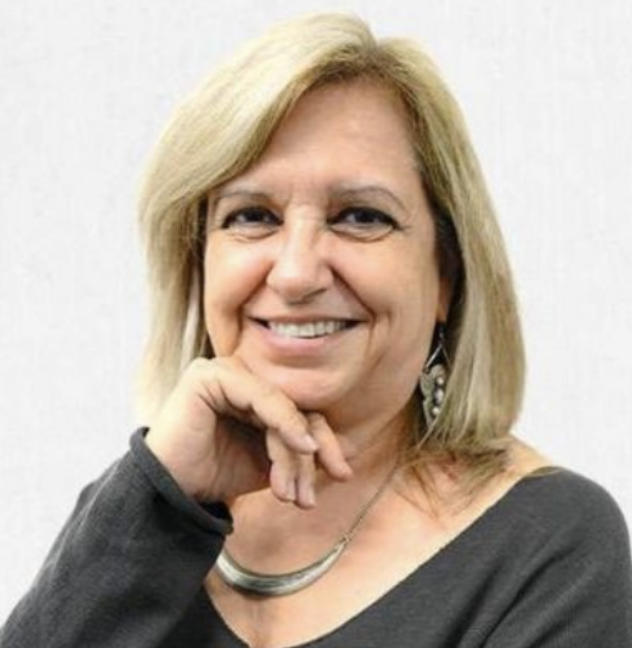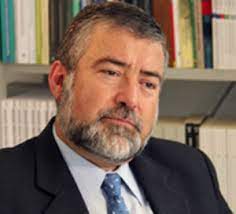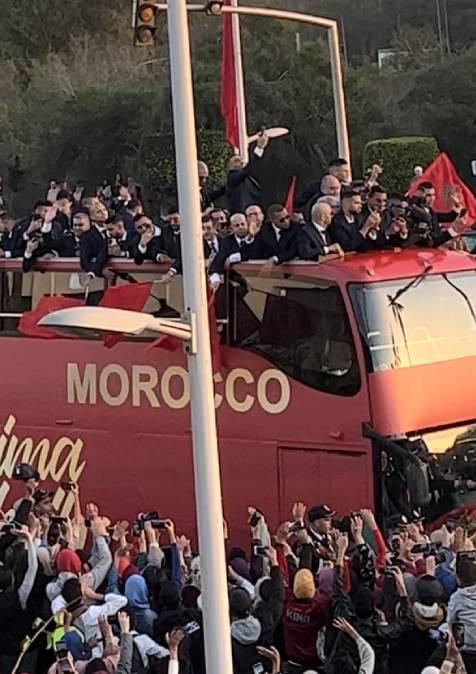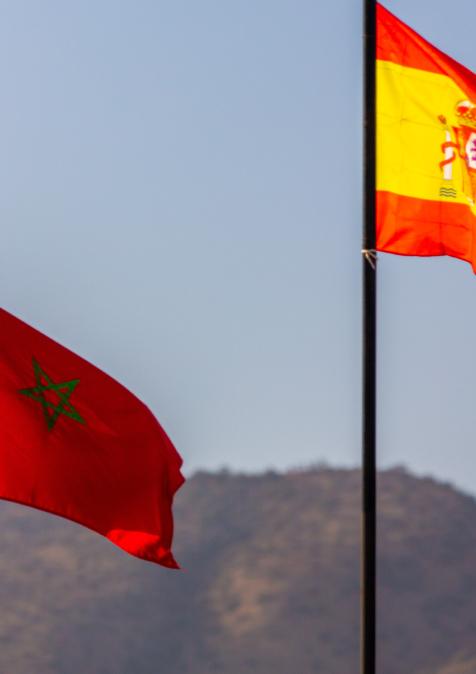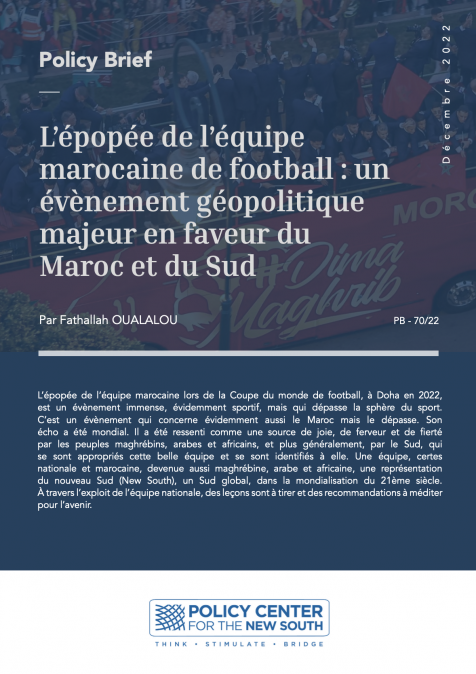Despite having historical, geographical, economic and cultural differences, Mexico and Morocco share a similar position on the global South-North border. Both countries have close links with their respective northern neighbours, the United States and the European Union, as evidenced by the intensity of trade, investment and aid flows, which have been fostered by the North American Free Trade Agreement (NAFTA) and Euro-Mediterranean regional integration agreements, but also by the importance of migration between these regions of the world. Indeed, Mexico and Morocco have experienced an increase in immigration and also in transit migration from countries located further south, respectively in South America and sub-Saharan Africa. By being countries of origin and of transit of migrants, Mexican and Moroccan governments have been under pressure by the US and EU member states to increase border controls and internal policing in order to curb migration flows.
The aim of this webinar is to discuss the shared experience of Morocco and Mexico on migration issues, as both countries have been recognized as “Champion countries” for the implementation of the Global Compact for Migration, by understanding migration through an intersectional approach.
